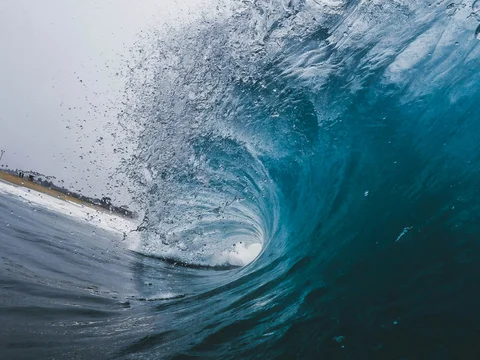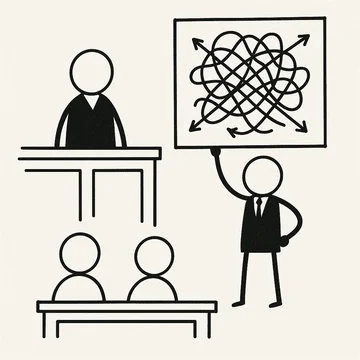
Last week, Judge Bryson ruled on a motion in limine where an accused infringer sought to strike the patentee's alleged "new theory" of validity just before trial or, in the alternative, for a permission to raise a new claim construction regarding that theory.
The Court ultimately denied the motion in limine because the accused infringer was on notice of the theory, but granted its alternative motion for permission to raise a new claim construction position regarding the theory, citing O2 Micro.
The Accused Infringer Was On Notice of the Issue
The Court easily denied the motion to strike, finding seven different ways that the accused infringer either was or should have been aware of the …








